Domestication and breeding of wild pythons
When mentioning Engineer Le Thi Lieu, people remember her initiative to attract wild birds, create a bird sanctuary in the heart of Ca Mau City and build Uncle Ho's Stilt House in Ca Mau. However, few people know that she also has two meaningful scientific works: domesticating the Cuban crocodile to successfully lay eggs for the first time on Ca Mau land and especially domesticating wild pythons, allowing them to reproduce, from which the python breeding movement developed rapidly, helping to eliminate hunger and reduce poverty for many households.
The historic fire in 1983 burned down more than 20,000 hectares of Melaleuca forest, greatly affecting the pythons, which were famous in U Minh forest. Minh Hai Pharmaceutical Enterprise at that time produced python glue, Trangala medicine, python wine..., and every day bought tons of pythons caught and sold by people.
Faced with that situation, fearing that the natural python resource would be exhausted, the Board of Directors of the Pharmaceutical Enterprise suggested and encouraged Engineer Le Thi Lieu (at that time working in the Pharmaceutical Materials Department of the Enterprise) to research the topic of domesticating wild pythons and letting them breed to preserve the species.
Engineer Le Thi Lieu is the person who tamed wild pythons and let them reproduce actively at home, thanks to which the python breeding movement developed strongly in Ca Mau in the late 1980s and after.
Engineer Le Thi Lieu was from Quang Ngai, a student from the South who gathered in the North, followed her husband (Engineer Pham Huu Liem, who had great merit in establishing May 19 Park, now the President Ho Chi Minh Memorial Area in Ward 1, Ca Mau City) to Ca Mau to live.
She shared: “At that time, I knew absolutely nothing about pythons. My major was animal husbandry and I had not studied anything about wildlife. But faced with such a pressing need, I was determined to do it.”
Pythons are carnivorous animals. In the wild, they wait for prey to pass by and then bite it. Now, raising them in captivity and feeding them dead prey is difficult. She is clueless about each stage of development, mating, and giving birth. She doesn't know who to ask because no one has ever done it before, and there are no books to guide her.
“The Pharmaceutical Enterprise built a cage to hold the python, put up planks across it, and built a hut above it for me and my colleagues to monitor the python’s development and behavior; how it mated; how it laid eggs, incubated them, and hatched them... At that time, my husband went to Nguyen Ai Quoc School, and I brought my 2-year-old child with me, and stayed there at night,” she recalled.
After a period of devoting all her efforts to her work, going through many difficulties and hardships, Engineer Le Thi Lieu's project on domesticating wild pythons and allowing them to reproduce was successful. The project was awarded the Gold Medal at the International Fair in Can Tho and the Giang Vo Exhibition Fair - Hanoi, in 1987.
Thus, for the first time in Vietnam, pythons were domesticated and actively bred at home. Her work not only stopped at preserving this wild animal but also opened the way for the profession of raising pythons for economic purposes.
Compared to raising pigs, chickens, and ducks, raising pythons causes less environmental pollution, does not take up much space, and can be housed in cages. Care and feeding are also simple (feeding once a week or 10 days and they can go hungry for months). Food includes mice, scraps of fish, pig, chicken, and duck by-products, and is not expensive. At that time, the market for meat pythons and baby pythons also had a price. Newspapers and radio stations began to popularize python raising techniques, and she also published a book on python raising. Since then, the python raising movement in Ca Mau has developed rapidly and spread to other provinces. Many people have relied on pythons to improve their family's economic conditions.
Nowadays, people still occasionally catch pythons in U Minh forest. (In the photo: A 13 kg python was discovered at Muoi Ngot Eco-tourism Site). Photo: DUY KHANH
Python Billionaire
In the 2000s, everyone in the python breeding community knew about the python farm of Mr. and Mrs. Ta Thanh Ba - Nguyen Hong Thien (Ward 1, Ca Mau City). The farm had more than 5,000 meat pythons and breeding pythons (the python gave birth to more than 200 babies, with a separate area).
To meet market demand, Mr. and Mrs. Ba - Thien raise meat pythons of all sizes. Whatever the market demands, the farm can meet them. Each time they sell 5-10 tons of pythons. They also buy meat pythons from outside to help stabilize the quantity of their products.
The demand for mice for pythons is so great that every day trucks from various places bring mice to sell, Mr. and Mrs. Ba - Thien's facility gradually becomes a place to buy and distribute mice to the market, selling several tons every day. In addition to selling python meat, more than 200 pythons give birth, when it is time to breed, each python gives birth to dozens of baby pythons, some even give birth to 75-100 baby pythons (the bigger the mother python, the more babies it gives birth to), so each season the farm has about 5,000 baby pythons to supply to breeders.
At that time, the Provincial Fatherland Front bought many baby pythons here and distributed them to households to raise to alleviate poverty. There are no specific statistics, but according to Ms. Thien, many families' lives improved thanks to this.
Being an acquaintance who often visited, Engineer Le Thi Lieu commented: "Ms. Thien is very good at raising pythons. Although I have researched domestication and successfully let pythons give birth, I am not as good as her at raising them. She has a lot of experience. Not only does she feed them mice, she also grinds fish into bags and puts them in the python's mouth to feed them."
Mrs. Thien explained, raising a lot and feeding like that will be faster, control the amount of food, besides that it helps the python digest well, grow quickly...
The farm is large and has a lot of work, so she often has 14 or 15 people working for her (cleaning the cage, bathing the pythons, feeding, preparing bait, managing...).
The price of pythons at that time fluctuated depending on the time, sometimes the highest was 500 thousand VND/breeding python; the price of meat python was up to 355 thousand VND/kg. At that time, people often talked about the couple Ba - Thien who sold 20 meat pythons to buy a used 4-seater car. Someone jokingly said: "Raising pythons is as rich as winning the lottery".
The python farming movement started booming in the late 1980s, then prices went down, then up again. Mrs. Thien shared that, to raise her children, she quit her government job to go out and work, then thanks to python farming she was able to survive and make a living.
In the years 2015-2017, the python market showed signs of slowing down. As an experienced person, Ms. Thien proactively sold all the pythons and closed the farm, thus preserving her capital.
Engineer Le Thi Lieu analyzed that the python does not waste anything: skin, bones, fat, meat, bile... all have uses. The python's main food is mice, so it also has the double benefit of protecting crops. The python is a great pet if the output is stable.
Ms. Thien also said: "If the python can develop, this job will be very "smooth". Eliminating hunger and reducing poverty will be very easy."
A good sign is that recently, a group of scientists from Macquarie University (Australia), studying two popular python species in Thailand and Vietnam, discovered that python meat is a very nutritious food source; the food consumption rate of pythons is low compared to many other meat-producing animals; the food source for pythons is diverse, low cost; the breeding conditions are simple... Therefore, according to them, raising pythons to supply food for the world should also be considered. This is the key point in the face of global food insecurity.
Huyen Anh
Source: https://baocamau.vn/nam-con-ran-nhac-chuyen-nuoi-tran-a36776.html



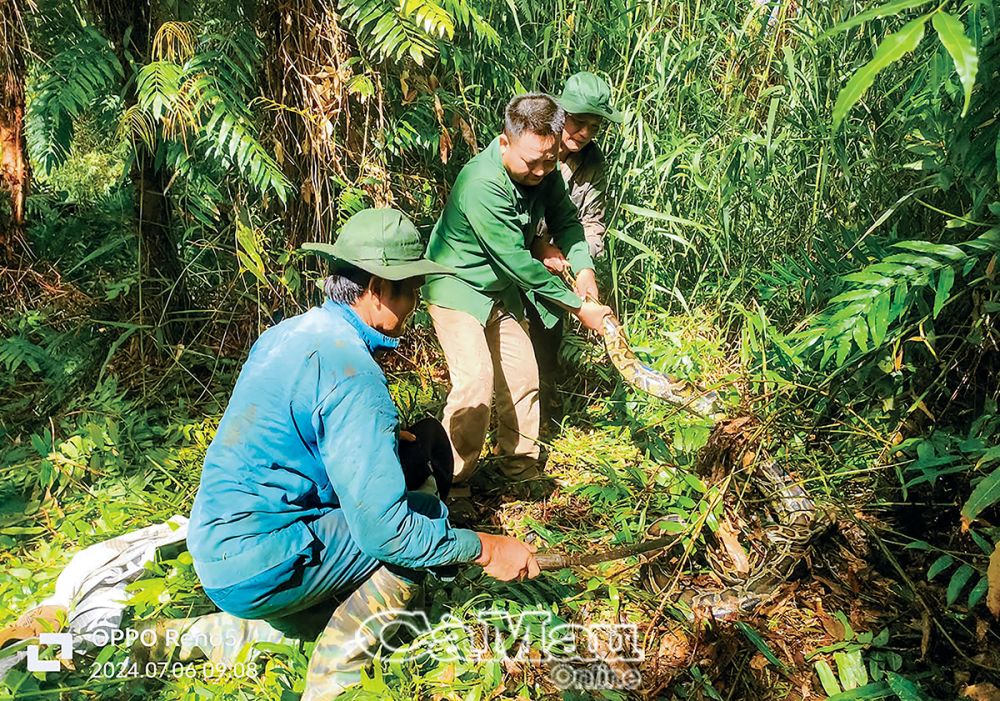
![[Photo] General Secretary attends the parade to celebrate the 80th anniversary of the founding of the Korean Workers' Party](https://vphoto.vietnam.vn/thumb/1200x675/vietnam/resource/IMAGE/2025/10/11/1760150039564_vna-potal-tong-bi-thu-du-le-duyet-binh-ky-niem-80-nam-thanh-lap-dang-lao-dong-trieu-tien-8331994-jpg.webp)
![[Photo] Ho Chi Minh City is brilliant with flags and flowers on the eve of the 1st Party Congress, term 2025-2030](https://vphoto.vietnam.vn/thumb/1200x675/vietnam/resource/IMAGE/2025/10/10/1760102923219_ndo_br_thiet-ke-chua-co-ten-43-png.webp)


![[Photo] Opening of the World Cultural Festival in Hanoi](https://vphoto.vietnam.vn/thumb/1200x675/vietnam/resource/IMAGE/2025/10/10/1760113426728_ndo_br_lehoi-khaimac-jpg.webp)

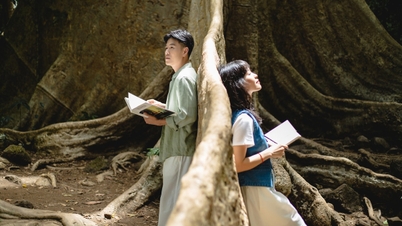

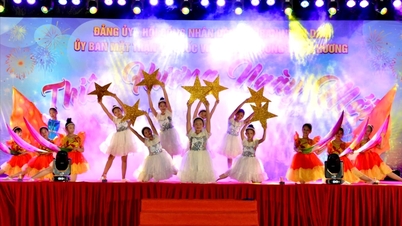
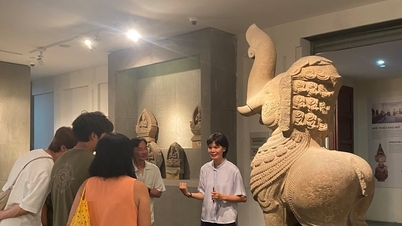



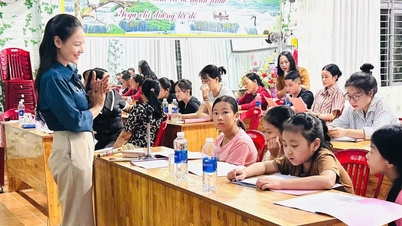
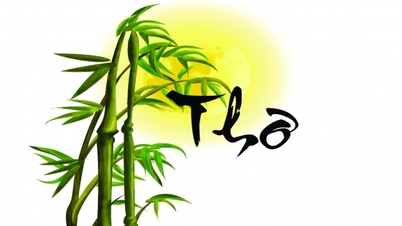





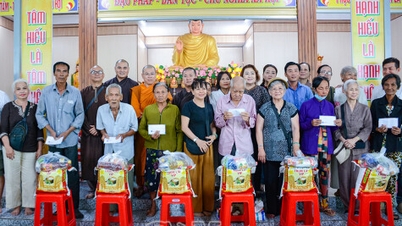





































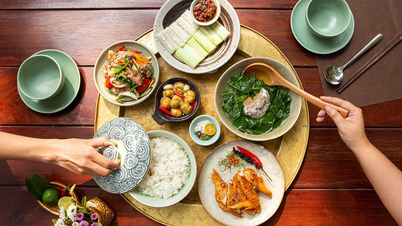




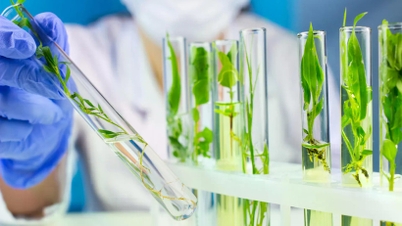



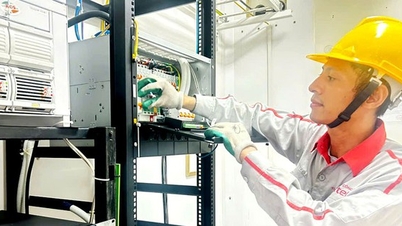

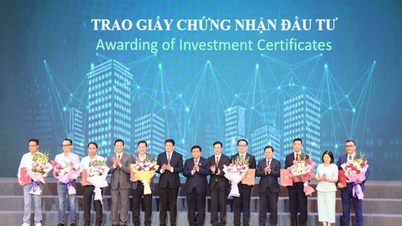
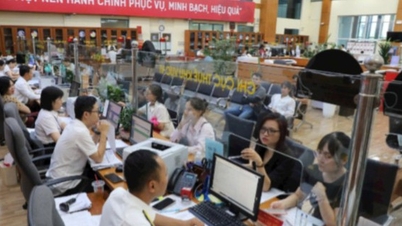
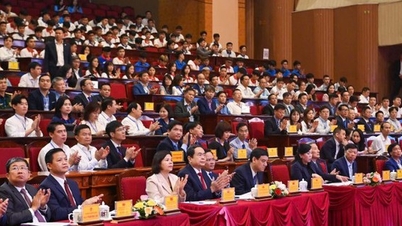




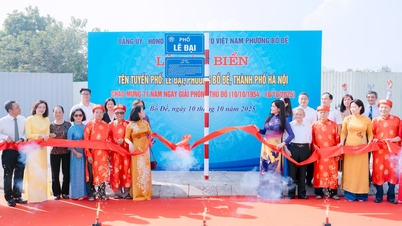



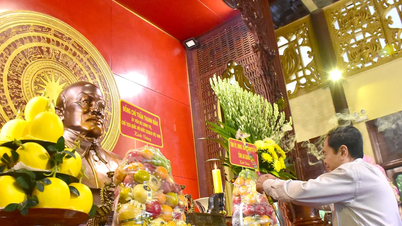













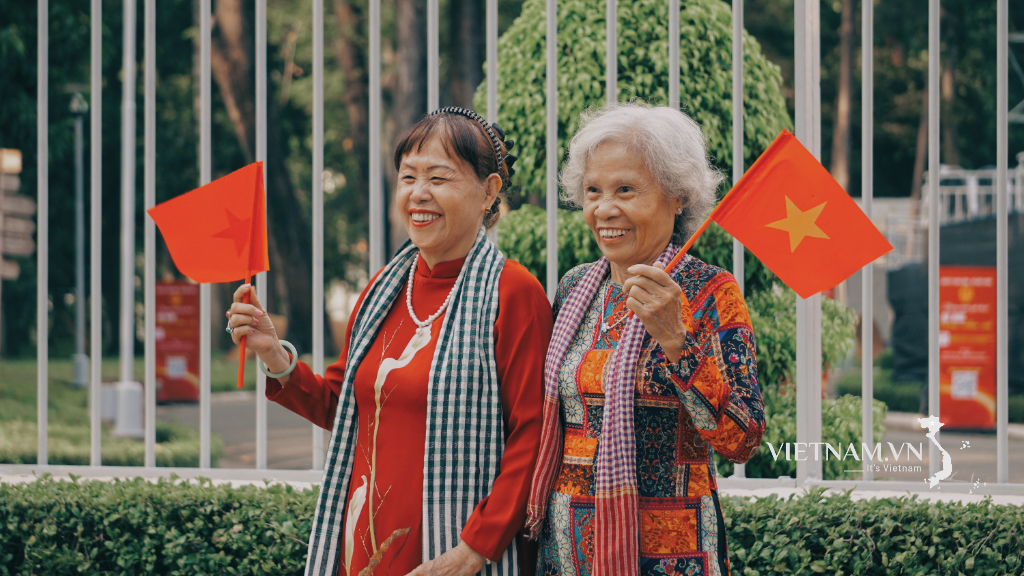
Comment (0)